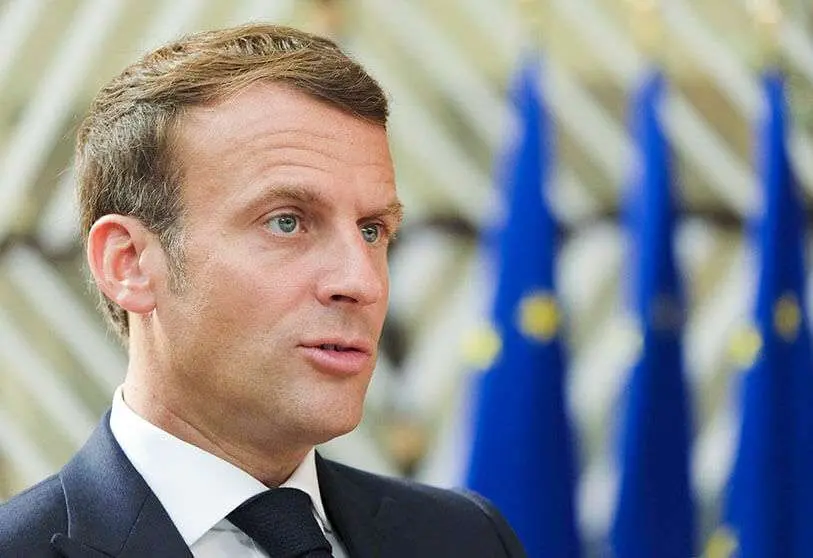Macron seeks to water down protest of police violence in France

The French President, Emmanuel Macron, tried to tackle the growing protest against police violence in the country, claiming to have been "shocked" by the latest episode and calling for forceful action to punish officers who break the codes.
His intervention, first formulated through a spokesman for the Elysée Palace and then with a large personal message on Facebook, comes in the wake of the attack on a black music producer on the 21st, whose images broadcast on social networks have provoked many condemnations.
"France must never resort to violence or brutality, wherever they come from. It must not allow hatred or racism to flourish," he said on Facebook, where he stressed that while he would not accept attacks on police and gendarmes, "those who enforce the law must respect it.
The latest events, in which four officers assaulted and allegedly insulted producer Michel Zecler at his Paris studio, come days after other similar actions, such as the violent eviction of an immigrant camp on the Place de la République in Paris.
The dissemination of these videos has degraded the image of the police and coincided with a particularly inopportune moment for the government, which is pushing for a legislative reform to limit the dissemination of images of the forces of law and order.
This reform, which has already been approved on first reading by the National Assembly, has also caused a stir among rights organisations and the media, which consider that it aims to lift an iron curtain on police impunity.
There are many voices that believe that, with this law, the aggression against Zecler could not have been known, which has provoked a unanimous condemnation among personalities from the world of politics, such as the former Minister of the Interior Christophe Castaner, but also from areas such as sport, with the criticism of footballers such as Kylian Mbappé or Antoine Griezmann, two of the most popular in the country.
In this context, Macron wanted to calm the situation, for which he asked the Minister of the Interior, Gérald Darmanin, to be forceful in stopping this type of event, and on Friday he called on the executive branch to "make proposals to reaffirm the bond of trust that should exist between the French people and those who protect them".
The president is obliged to walk on turbulent waters so as not to arouse sensibilities among the police or give the impression of wanting to impose a hard hand on the streets.
Macron knows the sensitivity of this exercise. At the beginning of the year, the forces of law and order were already on the receiving end of two cases, that of Cédric Chouviat, who died of suffocation during an arrest in January, and later that of Adama Traoré, which dated from 2016 but whose investigation, relaunched in June, was considered lax by human rights associations.
Faced with these accusations, the police and gendarmerie unions considered themselves helpless to be protected by the government.

His target was the then interior minister, Castaner, who, weakened, left the executive last July and was replaced by Darmanin, a disciple of the former conservative president Nicolas Sarkozy and advocate of a tougher line.
He is credited with being behind the reform of the controversial security law, but, after expressing firm support for the police at first, he appears to have backed down in recent days.
In Zecler's case, Darmanin was willing to remove the uniform of the officers involved if the investigation concluded that they did not respect the Corps' deontological rules, something that seems to be clear from the images released, even though the police claim that the music producer tried to take their weapons away from them.
In addition to the security cameras in Zecler's studio, social networks broadcast other recordings made by individuals in the street, in which the producer is seen kneeling on the floor while being beaten by police officers.
Four of them are being held for questioning, three are accused of violence and a fourth of having thrown a tear gas grenade into the studio. Zecler also claims that he received racist insults, but the videos published have no sound.










